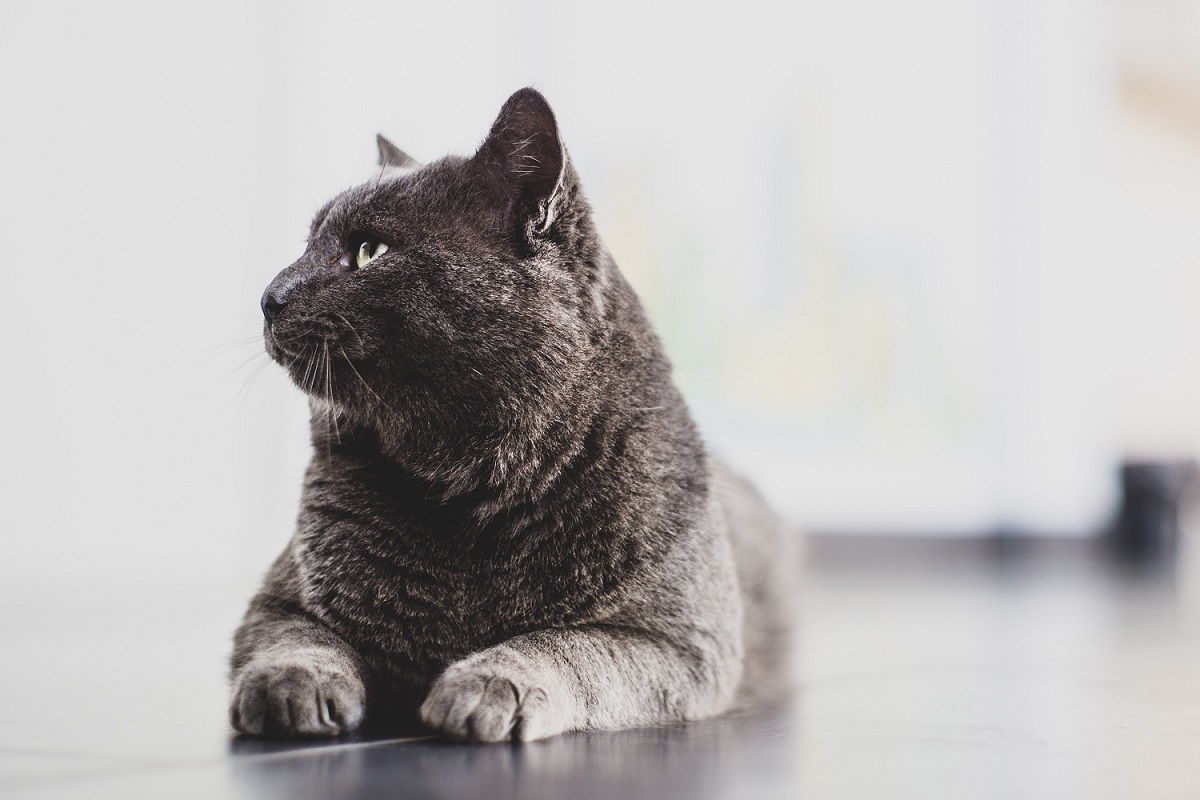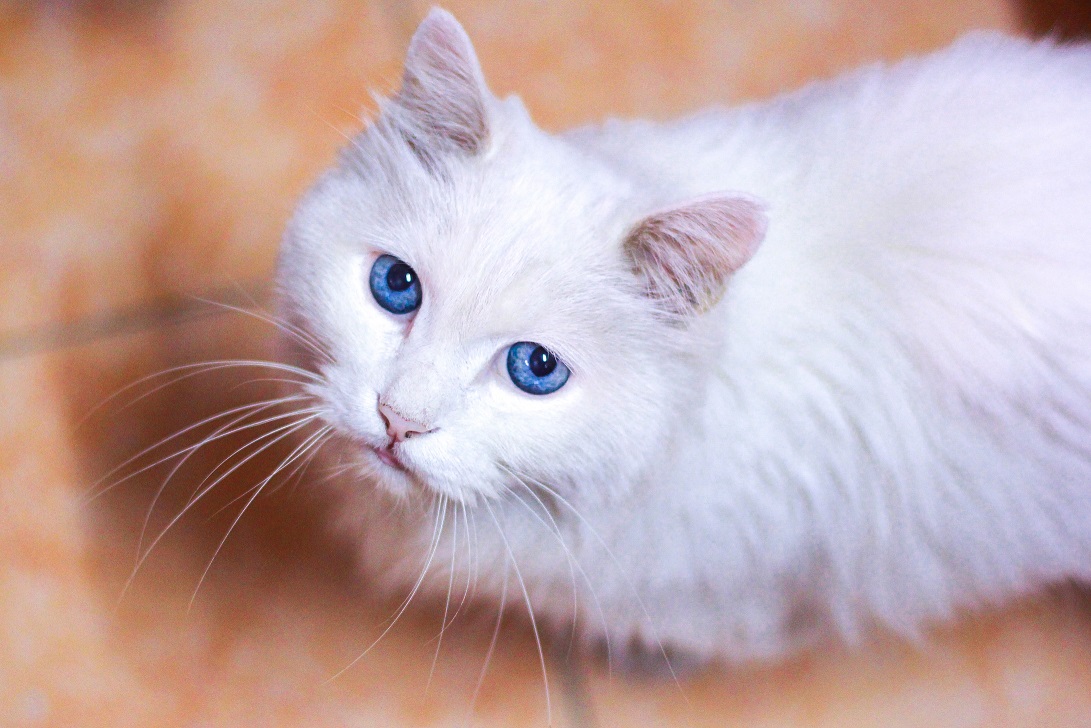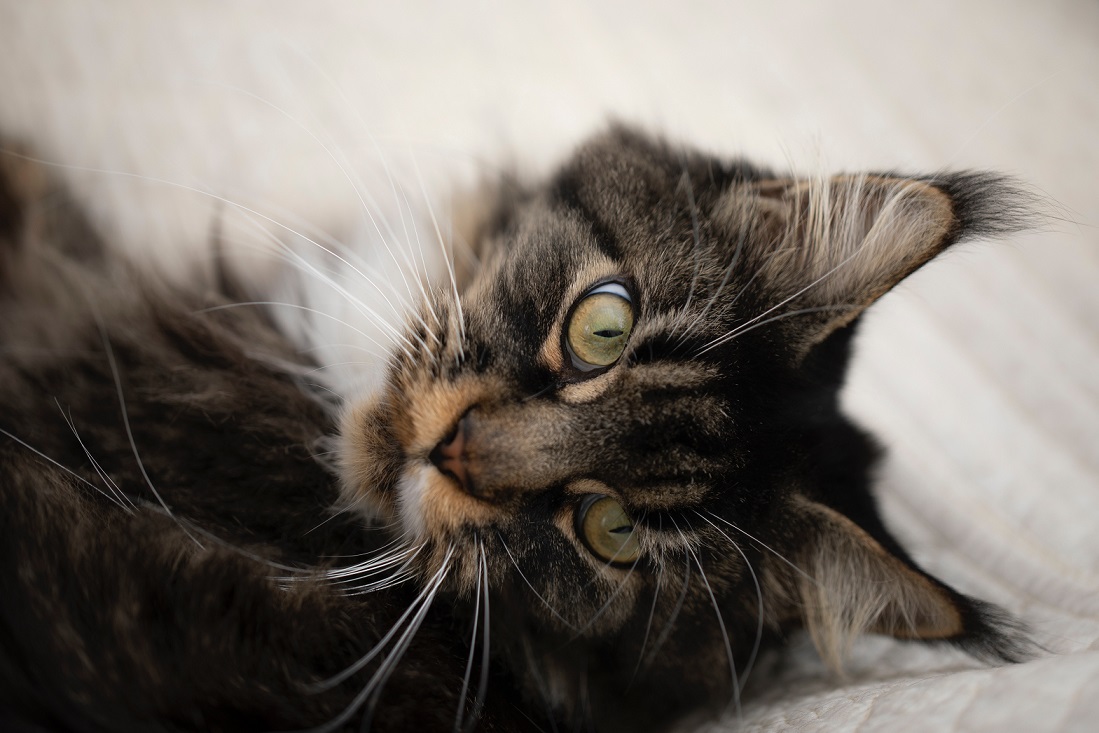Many cats prefer natural nutrition for finished feeds.
How you can’t feed cats

Many cats prefer natural nutrition for finished feeds. The disadvantage of this solution is that you can, unknowingly, give a pet food, which is harmful to him. For cats, you need to purchase products and cook separately, food from the master's table is not suitable for them. It is believed that the cat instinctively recognizes food harmful to itself and refuses it, but this is a myth. So the exclusion from the diet of prohibited, harmful and dangerous products is the duty of the owner.
Whole milk is not absorbed by a cat's body
Most cats over six months develop lactose intolerance, the body does not develop a lactase enzyme that breaks it into the simplest sugar. As a result, milk sugar is not absorbed from the intestines into the blood, provokes fermentation, bloating, diarrhea.
In sour -milk products, lactose is converted into lactic acid, so the ban does not apply to them. But kefir, fermented baked milk, yogurt, cottage cheese, natural yogurt without sugar and fillers should not be fatty. Low -fat sour cream can only be given as a treat, half a teaspoon and no more than 2 times a week. Cream, sour cream with fatness above 9%, butter, salty cheese is prohibited.
Paired meat – a source of helminths

Meat is the basis of the diet of predators, which include all cats. But it is often infected with worms, among which there are very dangerous ones. Having froze meat for 3-4 days, helminth eggs can be destroyed, they are also destroyed during cooking, but most of the beneficial substances are also destroyed.
Cats should not be given meat:
- bought in spontaneous markets, since the probability of its infection with various viruses and worms is very high;
- Fat varieties – pork, lamb, duck, goose (these meat varieties can be part of industrial feed, for example, there are Optimeal diets with duck. But when processing, the duck meat is degreased, and at home this is impossible), as well as lard.
- with bones, the exception is only the necks of young factory (not home) chickens in which the vertebrae are soft and the cat can easily gnaw them;
- broilers grown using hormones, antibiotics, salty feed (it is given so that the bird drank more and gains weight due to the liquid);
- raw pork, even lean, it can be infected safe for people, but dangerous for cats with a false rabies virus, which is destroyed only during heat treatment;
- Ready minced meat, usually too fat and often embedded.
Beefs, chicken liver does not belong to categorically prohibited products, but it can be given a little and no more than once a week so as not to provoke a stomach disorder.
River fish is dangerous due to helminths and small bones
Contrary to widespread opinion, fish, like whole milk, is not a favorite treat of cats. The oceanic fish of valuable breeds (salmon, trout) contains useful fat polyunsaturated acids, cats can also be given cod, hek, but not more than 2 times a week and cleansed of bones. Prohibited:
- All types of fish of the carp family, it contains substances that provoke the destruction of vitamin B1 and a number of diseases against the background of its deficiency;
- river fish due to the abundance of small bones and infection with dangerous helminths, which are destroyed only after prolonged heat treatment that destroys beneficial substances;
- Daily feeding of any varieties of fish, even noble rocks. An excess of trimethylaminoxide contained in it provokes iron deficiency anemia in cats (in industrial feeds based on fish, such as Optimeal with salmon and shrimp, contain only protein and fatty acids, hazardous substances are removed during processing);
- Fish in any quantity with urolithiasis and a tendency to it.
Sweet fruits for cats are useless, some plant foods are harmful

Plant foods contain vitamins, as well as fiber necessary for digestion, therefore, in the production of super-premium feed, vegetables, berries, herbs are used in small quantities. But most fruits for cats are more harmful than useful:
- Fiber in small quantities stimulates peristalsis, its excess can cause diarrhea;
- fruit acids, especially contained in citrus fruits, disrupt the acid balance of the body, irritate the gastrointestinal mucosa;
- Excess carbohydrates in sweet fruits provokes fermentation in the stomach, and with regular use can lead to the development of obesity;
- Especially dangerous are fruits with bones that contain synical acid.
Among vegetables and other plant products, there are also prohibited, harmful.
Stop-list of plant products
| Product | That harmful to cats contains | What is dangerous |
|---|---|---|
| avocado | Persian | Stopping breathing is possible |
| grapes, raisins | not installed | digestive disorder, renal failure |
| onion garlic | toxic essential oils that destroy red blood cells | The development of anemia |
| eggplant, raw tomatoes | Dangerous alkaloid | Strong abdominal pain |
| legumes | Oligosaccharides | Meteorism, colic |
| cabbage | sulfur, rough fiber | |
| mushrooms | chitin | heavy food, getting tired poorly |
| Nuts | Excess phosphorus | urolithiasis, especially after castration |
| Spinach, rhubarb | oxalic acid |
Food from the master's table is not designed for the needs of the pets

The optimal ratio of nutrients in the diet of a person and cats varies. In the latter, the need for proteins and below is much higher – in carbohydrates. Therefore, they should not give flour, pasta, bakery products, especially sdoba, sweets.Foods rich in carbohydrates are poorly digested, provoke digestive disorders, weaken the immune system, lead to weight gain, provoke caries and diabetes.
- What is a treat and a delicacy for us is often poison for cats. An excess of salt, spices, preservatives, fats and simple carbohydrates, caffeine is harmful to humans, and for a cat's body, the load on the liver, kidneys, heart, and digestive system can be overwhelming. In no case should pets be spoiled:
- sausages, smoked meats;
- canned food intended for people;
- fried food;
- dishes with mayonnaise, ketchup and other sauces;
- pickles and marinades;
- chocolate, cocoa, coffee and tea – they are very harmful to the cardiovascular system;
- alcohol, including low-alcohol drinks – in small animals, the minimum dose of ethanol can cause severe intoxication and even death.
How to keep your pet safe
Some products are strictly contraindicated for cats in any quantities, others can be given, but little by little and only after a certain treatment. It is quite difficult to develop a diet from which dangerous foods will be completely excluded, and to balance it in such a way as to prevent an overdose of useful substances in small quantities. It is better to rely on professionals who develop formulas for finished feeds. They use only products that are safe for cats and take into account the individual needs of different animals. Natural raw materials are processed in which the maximum of useful substances is extracted and harmful, potentially dangerous ones are removed. For example, Optimeal dry and wet food contains everything necessary for the health of cats, when purchasing them, you can not worry about accidentally giving your pet a prohibited product.

